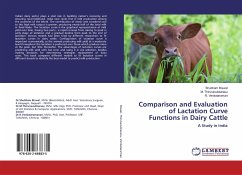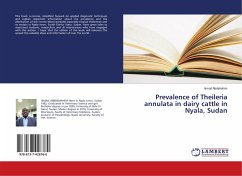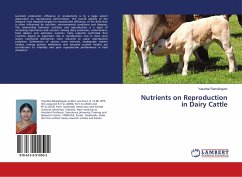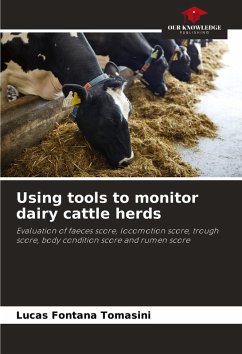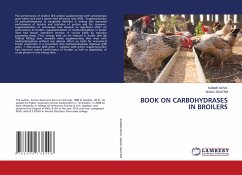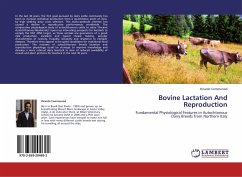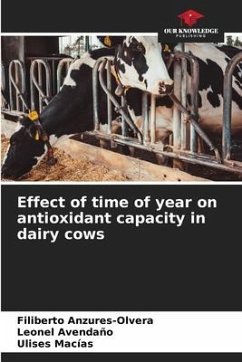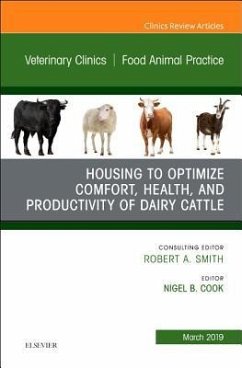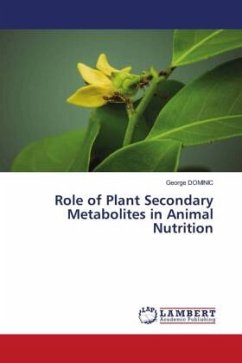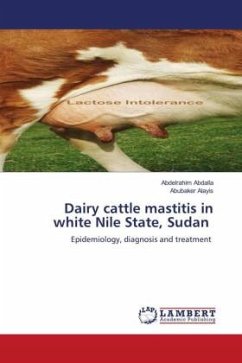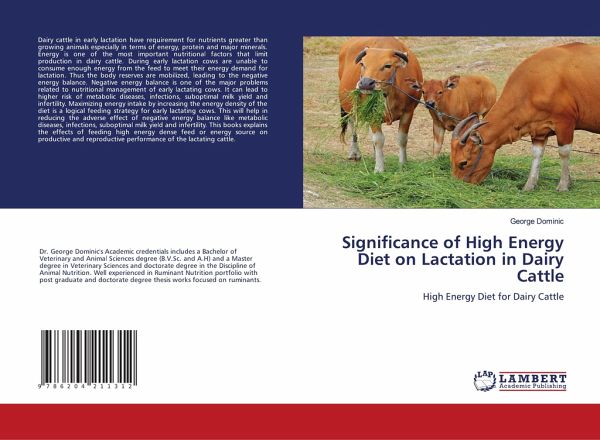
Significance of High Energy Diet on Lactation in Dairy Cattle
High Energy Diet for Dairy Cattle
Versandkostenfrei!
Versandfertig in 6-10 Tagen
27,99 €
inkl. MwSt.

PAYBACK Punkte
14 °P sammeln!
Dairy cattle in early lactation have requirement for nutrients greater than growing animals especially in terms of energy, protein and major minerals. Energy is one of the most important nutritional factors that limit production in dairy cattle. During early lactation cows are unable to consume enough energy from the feed to meet their energy demand for lactation. Thus the body reserves are mobilized, leading to the negative energy balance. Negative energy balance is one of the major problems related to nutritional management of early lactating cows. It can lead to higher risk of metabolic dis...
Dairy cattle in early lactation have requirement for nutrients greater than growing animals especially in terms of energy, protein and major minerals. Energy is one of the most important nutritional factors that limit production in dairy cattle. During early lactation cows are unable to consume enough energy from the feed to meet their energy demand for lactation. Thus the body reserves are mobilized, leading to the negative energy balance. Negative energy balance is one of the major problems related to nutritional management of early lactating cows. It can lead to higher risk of metabolic diseases, infections, suboptimal milk yield and infertility. Maximizing energy intake by increasing the energy density of the diet is a logical feeding strategy for early lactating cows. This will help in reducing the adverse effect of negative energy balance like metabolic diseases, infections, suboptimal milk yield and infertility. This books explains the effects of feeding high energy dense feed or energy source on productive and reproductive performance of the lactating cattle.



